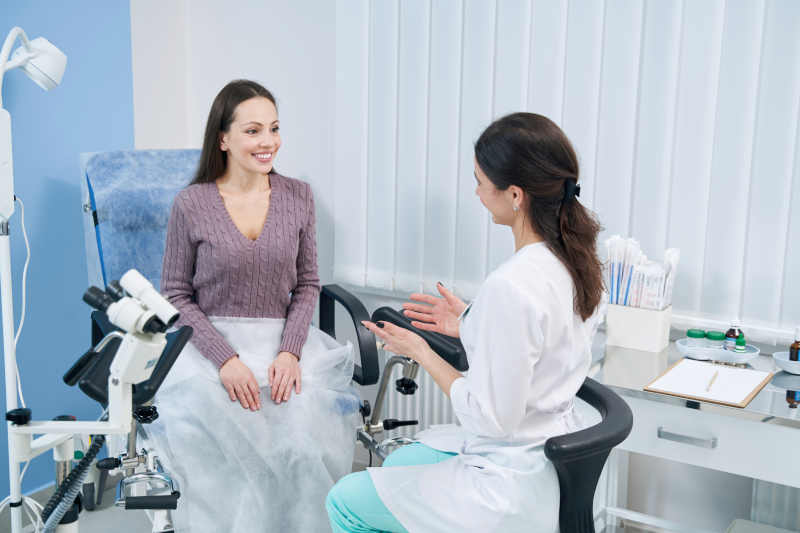Regular visits to a gynecologist contribute significantly to the overall health and well-being of women. These appointments help address concerns, answer questions, and maintain reproductive and general health. Understanding when it’s the right time to schedule a visit is one step toward taking control of one’s body and health. Below, we’ll explore common reasons for appointments, general guidelines for scheduling, and how age can influence the timing of visits.
What Are Common Reasons to Visit?
There are various reasons why women may need to visit a gynecologist. Below are some of the most common, along with explanations to guide decision-making:
- Annual Well-Woman Exams: Regular check-ups help monitor reproductive health and catch any potential issues early. These exams often include pap smears, pelvic exams, and discussions about general health.
- Irregular Menstrual Cycles: Changes in cycle length, unexpected bleeding, or missed periods can signal hormonal imbalances or other underlying issues.
- Reproductive Planning: Whether you’re seeking advice about contraception, preconception health, or alternatives to family planning, a gynecologist can provide personalized guidance.
- Pain or Discomfort: Persistent pain, whether during menstruation, pelvic exams, or intercourse, can point to conditions that may require further examination.
- Menopause and Related Symptoms: From hot flashes to other changes during menopause, gynecologists can help manage symptoms and offer support for this stage of life.
- Screening for STIs: Sexually active adults benefit from regular testing, especially if they have new or multiple partners. Gynecologists provide both testing and treatment when needed.
How Often Should Women Schedule Exams?
Regular visits to a gynecologist depend on individual health factors, medical history, and age-related needs. For many women, an annual check-up is recommended, particularly for those who are sexually active or over the age of 21. These visits give women an opportunity to address any health concerns and undergo necessary screenings.
There are situations where more frequent visits may be warranted. If a woman experiences unusual symptoms, such as irregular bleeding or persistent pain, she may need an appointment outside of the regular schedule. Staying proactive about health by scheduling timely visits can make a substantial difference in well-being.
How Does Age Impact Appointment Frequency?
Women face different health challenges and needs at various stages of life. Recognizing how these changes affect the frequency and purpose of visits can encourage better health management.
Teens and Young Adults
For teenage girls and young women, the first visit is often scheduled between 13 and 15 years old, particularly for those who have questions about their menstrual cycles, sexual activity, or reproductive health. These initial appointments may not include a pelvic exam, but provide an opportunity to establish a relationship with a gynecologist. Women in this age group might also visit to discuss contraceptive options, STI prevention, or to address concerns about menstrual irregularities.
Midlife Women
For women in their 30s and 40s, visits typically occur annually, depending on their specific health needs. These years may bring new discussions around fertility, childbirth, or postpartum care. Preventive screenings, including pap smears, become increasingly significant during this time. Women in this stage should also discuss family history and lifestyle factors that could influence their gynecological health.
Postmenopausal Women
After menopause, gynecological care remains an integral part of overall health. Women may need fewer frequent pap smears, but should still address other concerns with their gynecologist, such as vaginal dryness, bone health, or urinary symptoms. These visits also allow for discussions about hormone replacement therapies or other treatments that might improve quality of life.
Consult a Gynecologist
Scheduling an appointment with a gynecologist is a step in maintaining good health at every stage of life. Whether it’s for a routine check-up, addressing specific symptoms, or discussing changes in reproductive health, a gynecologist can provide answers and guidance. Proactive care not only helps address health concerns but also offers reassurance and empowers women to prioritize their well-being. If you have questions about your reproductive or general health, don’t hesitate to reach out and take charge of your health, one appointment at a time.









Leave a Reply